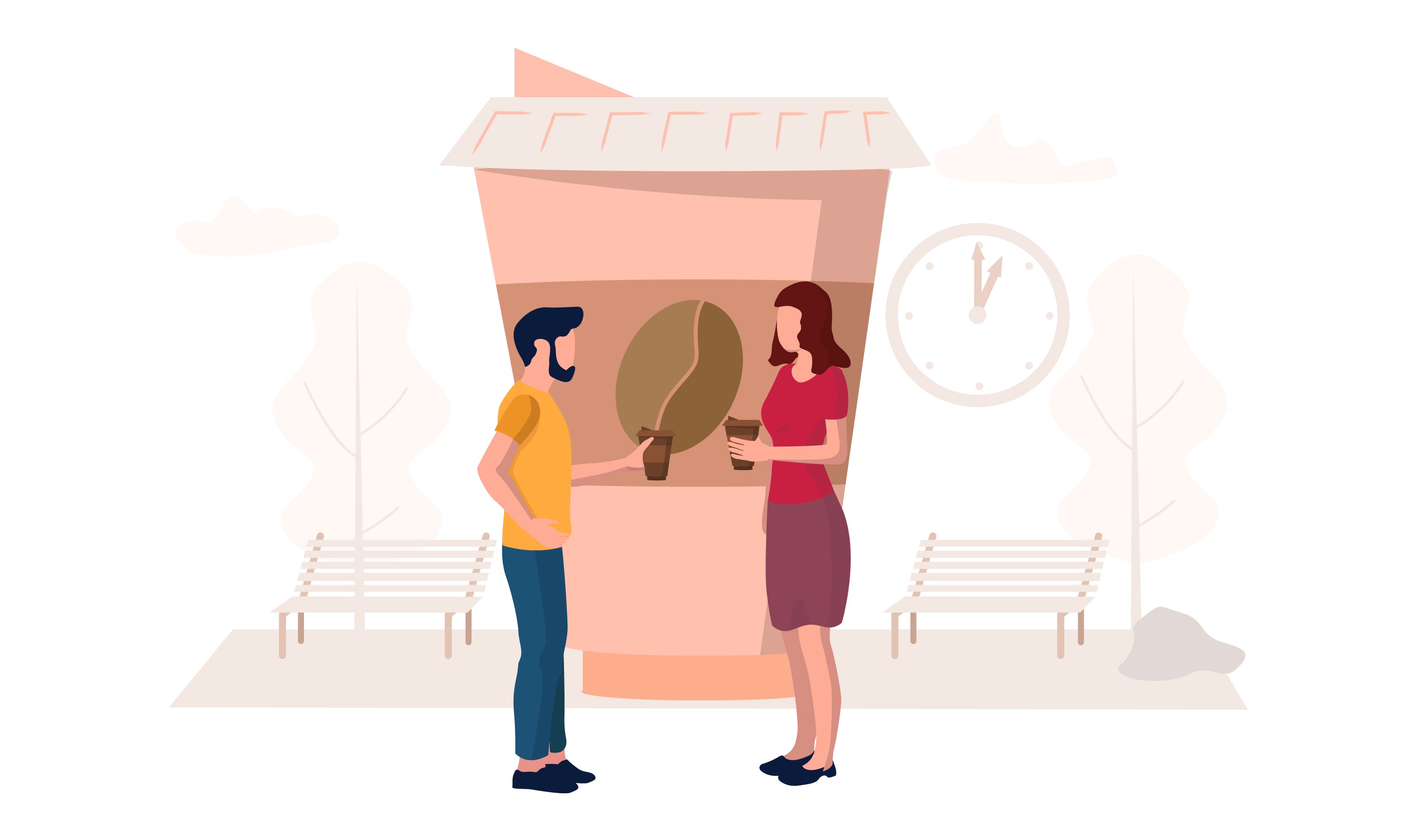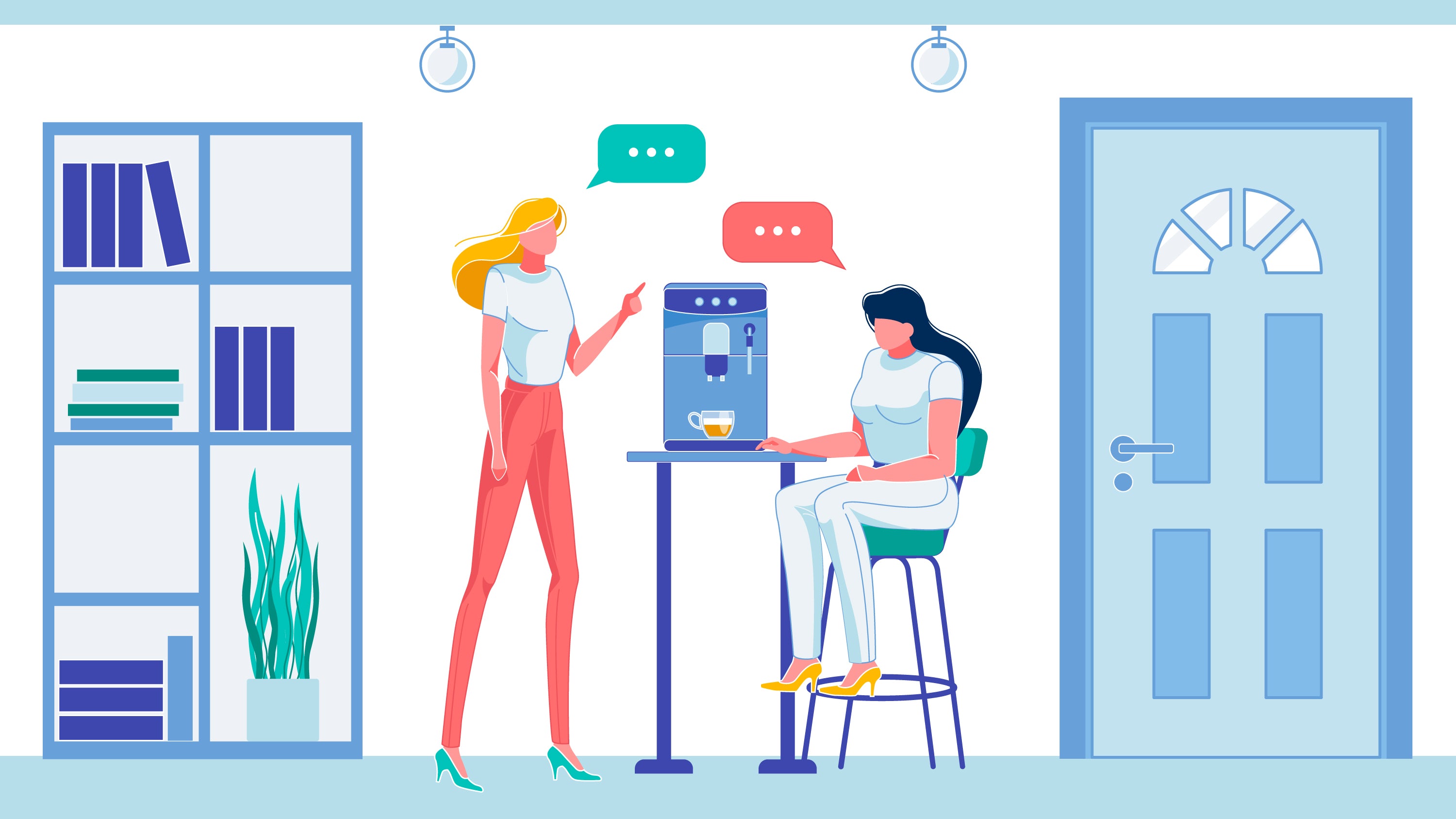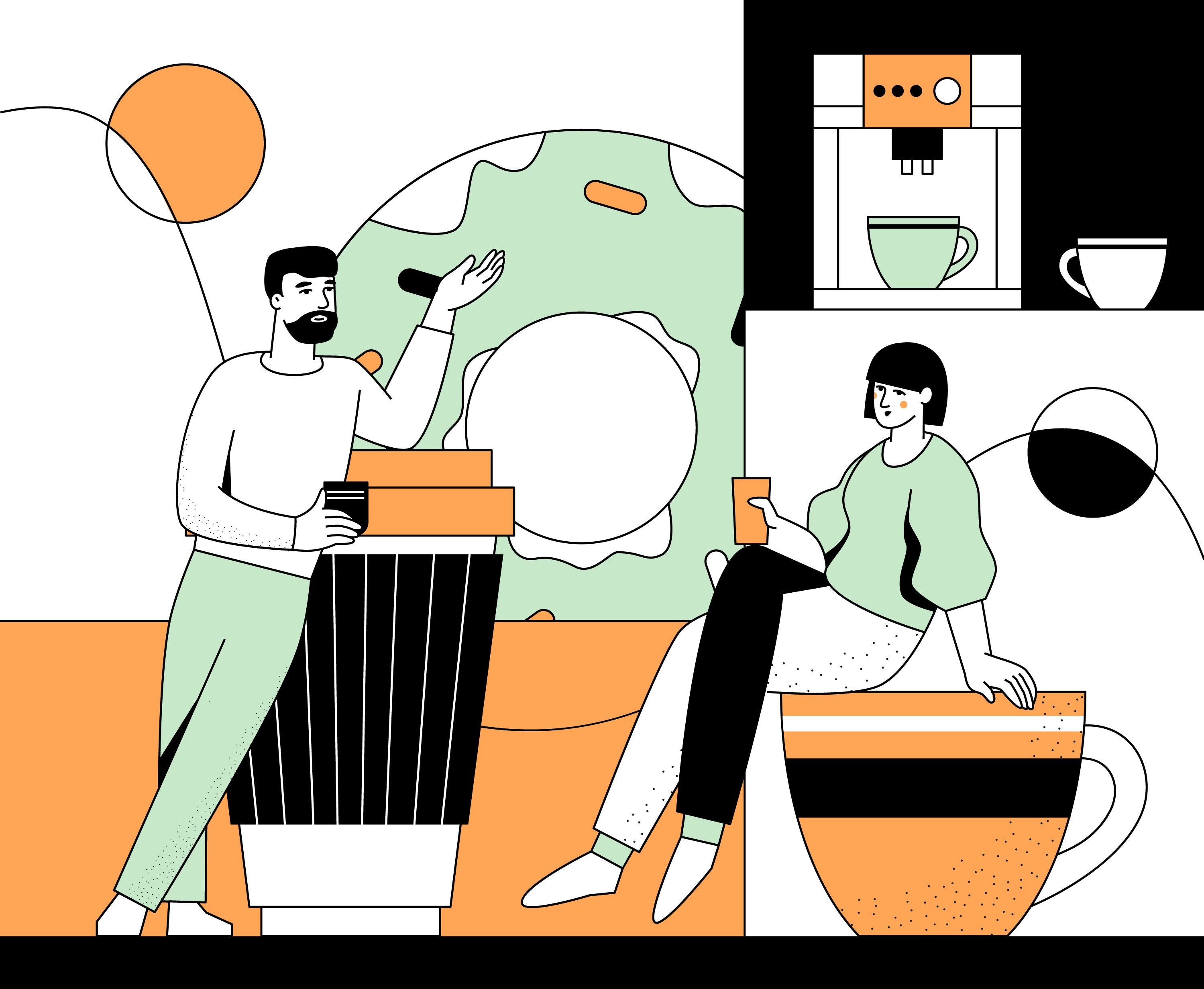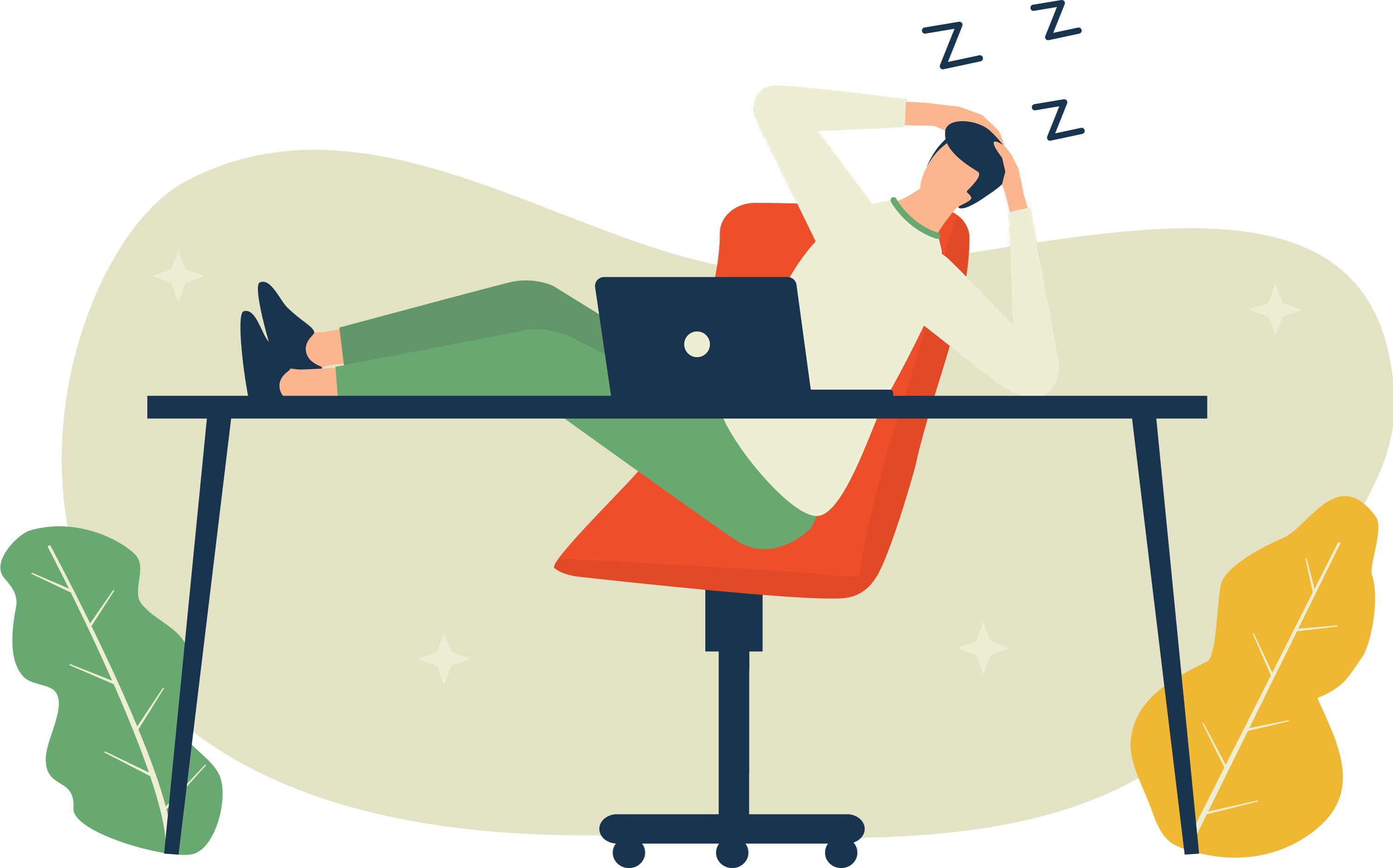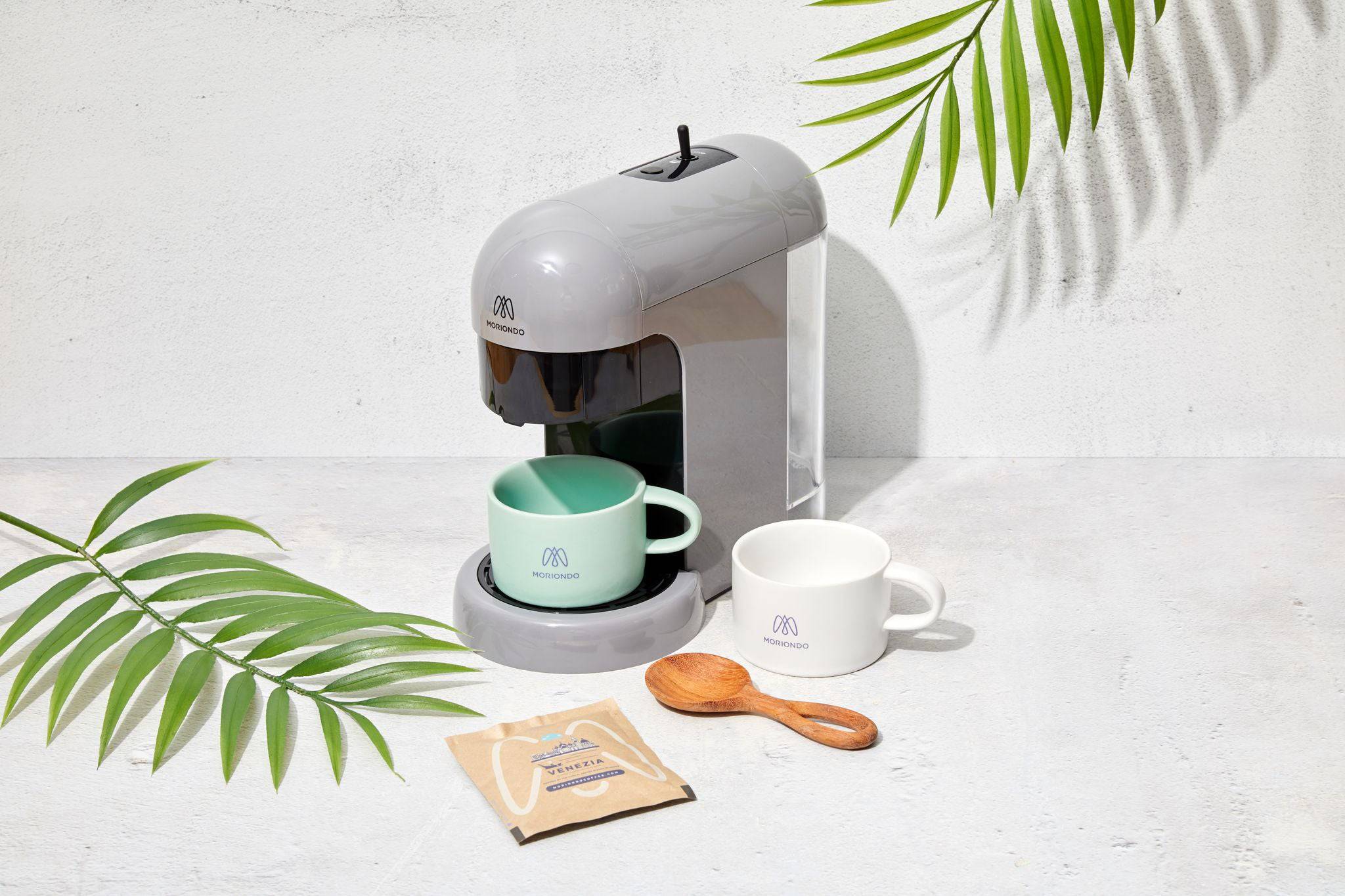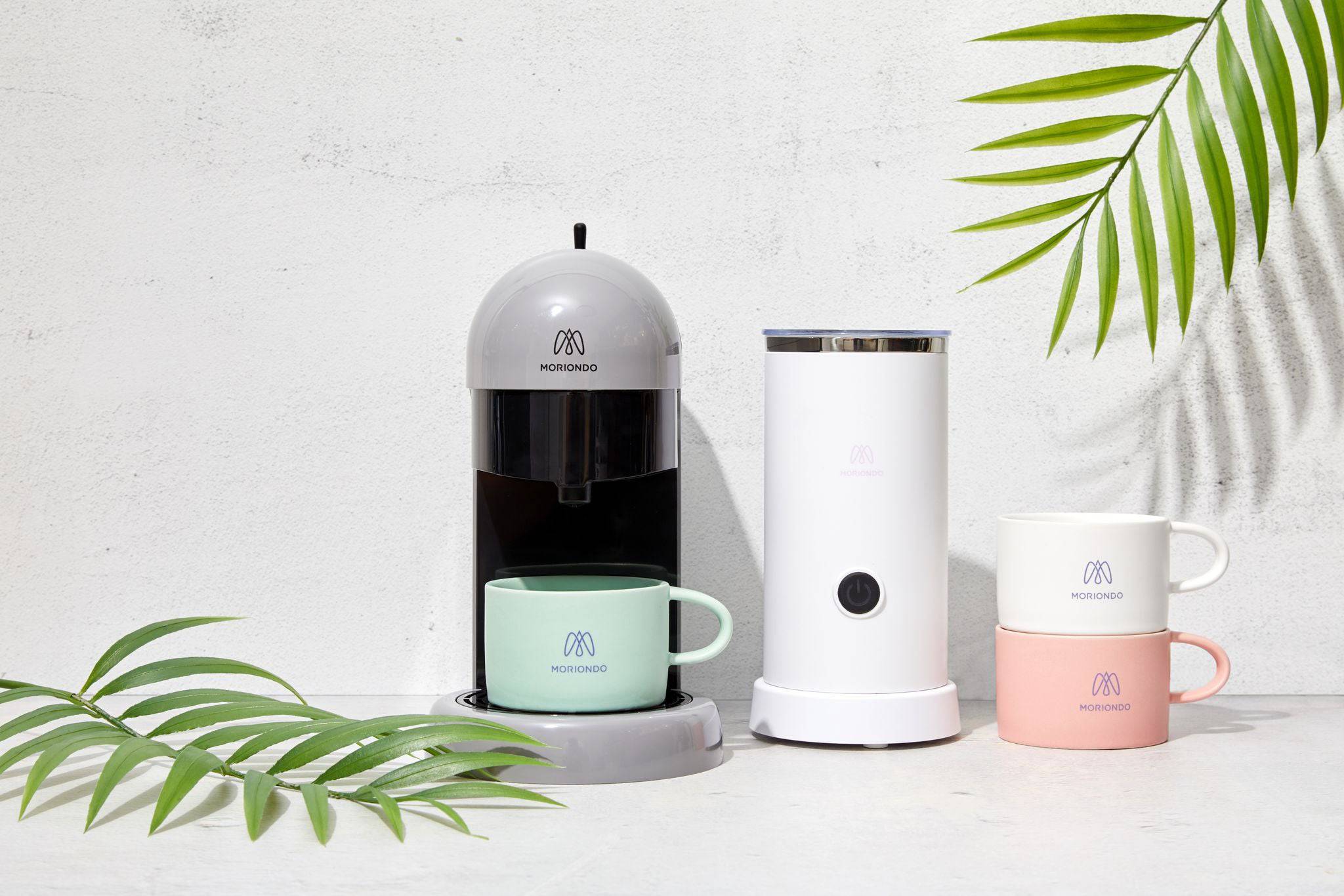Caffeine and Sleep Deprivation
Did you know that caffeine and sleep deprivation are two of the worst enemies of creativity?
Well, now you do!
Caffeine is a stimulant, and when you consume it, your mind gets more alert.
This can be helpful for staying awake during long workdays or studying for exams, but it can also interfere with getting the restful sleep necessary to keep your brain functioning at its best.
Studies have found that people who consume caffeine six or more hours prior to their bedtime have a harder time falling asleep and staying asleep throughout the night.
This guide will help you understand the ways in which caffeine can interfere with your sleep, as well as some tips for reducing its effects on your sleep patterns.
How Does Caffeine Work?
Caffeine is a stimulant that is found in coffee, tea, chocolate, and many other types of food. It works by blocking adenosine receptors in the brain, which slows down nerve cell activity.
This makes you feel more alert and awake. Caffeine is also a diuretic, meaning it causes you to urinate more frequently.
However, it also means that when the effects of caffeine wear off, you may be hit with fatigue even harder than before since adenosine is already being blocked.
Positive effects of caffeine
Caffeine can positively affect energy and alertness levels when taken in moderation. It can also improve mood by releasing dopamine, a neurotransmitter that helps regulate feelings of pleasure and happiness.
Additionally, caffeine has been shown to improve physical performance during exercise or workouts, as well as cognitive performance in tasks such as memory recall and decision-making.
Negative effects of caffeine
Despite its potential benefits, too much caffeine content can also have negative side effects.
Too much caffeine can lead to anxiety, headaches, irritability, and difficulty concentrating.
Additionally, it can worsen deprivation due to the sleep disruption in adenosine receptors that it causes.
People who are particularly sensitive to the effects of caffeine may experience even more intense side effects, such as increased blood pressure or heart palpitations.
Factors that Affect Caffeine and Sleep

There are several factors that can affect how caffeine affects your sleep. Below are a few of the most important ones.
Timing
Caffeine taken too close to bedtime can significantly disrupt your sleep, even if you don't feel the effects of it.
To minimize the impact on your sleep, try to avoid consuming caffeine six hours before you intend to go to sleep.
Amount
The amount of caffeine consumed can also affect how much it disrupts your sleep.
Generally speaking, any more than 200 mg per day (about two cups of coffee) can start to interfere with your sleep.
Sensitivity
Everyone's body reacts differently to caffeine, so it's important to pay attention to how you feel after consuming it.
People who are highly sensitive may find that even moderate amounts of caffeine can cause significant disruption in their sleep.
Age
Caffeine also affects people differently based on their age.
Younger adults are generally more sensitive to the effects of caffeine and should be cautious when consuming it.
On the other hand, older adults may find that they can tolerate higher amounts without experiencing major disruption in their sleep patterns.
Genetic variability
Some people are genetically predisposed to be more sensitive to caffeine than others. For example, people with a certain gene mutation called CYP1A2 can metabolize caffeine twice as fast as those without the mutation, meaning they will experience its effects more intensely.
How to Reduce Caffeine Intake Before Bedtime
- Limit caffeine consumption to the morning and early afternoon hours: Try to limit your caffeine intake to before lunchtime so that it doesn't interfere with your sleep at night.
- Don't drink too much coffee: If you do decide to have a cup of coffee in the afternoon, try not to overdo it. Too much caffeine can interfere with your sleep.
- Switch to decaf: Caffeine-free beverages such as herbal teas or decaffeinated coffee are great alternatives if you're looking for a way to get your caffeine fix without interfering with your sleep.
- Cut down on soda and energy drinks: Sodas and energy drinks are often loaded with caffeine, so try cutting back on these beverages if you want to ensure that you get enough restful sleep at night.
- Avoid taking sleeping aids: If you're having trouble with daytime sleepiness, try to avoid taking sleeping aids that contain caffeine or other stimulants. These can make your insomnia worse in the long run and could interfere with your sleep patterns even further.
How Long Does Caffeine Last?

The effects of caffeine can last anywhere from 4-6 hours, depending on your individual physiology.
This means that if you consume coffee or tea in the afternoon, it could still affect your sleep a few hours later.
Caffeine may also linger in your body even longer than that, so it's important to be aware of how much and when you're consuming caffeine so that you can avoid sleep disturbances.
How Does Caffeine Interfere with Sleep?
Even if consumed hours prior to bedtime, caffeine can interfere with sleep in several ways.
First and foremost, as mentioned above, drinking coffee or other caffeinated beverages within 6 hours of bedtime makes it much harder to fall asleep and stay asleep throughout the night.
Additionally, caffeine is known to reduce the amount of time spent in nocturnal sleep, meaning that even if you do manage to fall asleep, your body will not be getting the restorative rest it needs.
According to a publication by the National center for biotechnology information, caffeine interferes with circadian melatonin rhythms, which regulate sleep-wake cycles and thus affect the quality of your rest.
Finally, caffeine can also cause you to wake up feeling tired since caffeine blocks receptors in your brain that would otherwise help promote restful sleep.
This means that even if you managed to get a full night's rest, it will feel much less restorative than it otherwise would have.
How Late is too Late to Drink caffeine?
Ideally, it is best to avoid drinking caffeinated beverages after midday.
This will give your body enough time to metabolize the stimulant before bedtime so you can get a restful night's sleep.
If you must drink caffeine late in the day, try to limit it to 6 hours before your intended bedtime.
Some factors can slow or speed up the metabolism of caffeine, so it's important to figure out what works best for you.
For example, nicotine and alcohol can slow down the metabolism of caffeine, while exercise speeds it up.
Pregnant women are also advised to limit their caffeine intake as it can cross the placenta and affect the baby's development. For more information on the best time to drink coffee, check out our article on the subject.
How Much Caffeine Safe to Drink?
Most experts recommend consuming no more than 400 milligrams of caffeine per day, which is about the equivalent of two cups of coffee.
However, this amount may vary depending on your individual physiology and how quickly or slowly you metabolize caffeine.
If you're having trouble sleeping, it may be a good idea to limit your consumption even further so that its effects are not interfering with your restful sleep.
It's important to note that everyone has different levels of sensitivity when it comes to caffeine, so it's best to experiment and see what works for you in terms of time and dose.
Doing so will help ensure that you get the most out of your sleep while still enjoying the benefits of a morning cup of joe!
Finally, it's important to remember that caffeine can stay in your body for up to 12 hours, so even if you've had a cup of coffee several hours before bedtime, it could still be affecting your sleep a few hours later.
Caffeine may also linger in your body even longer than that, so it's important to be aware of how much and when you're consuming caffeine so that you can avoid disrupting your sleep cycle.
How Else Can I Improve My Sleep?
In addition to limiting your caffeine intake, there are many other things you can do to improve your sleep.
Here are a few tips:
- Stick to regular sleeping and waking times.
- Avoid large meals or alcohol before bedtime.
- Reduce exposure to blue light from screens.
- Create a calming evening routine.
- Exercise regularly but not too close to bedtime.
- Make sure your bedroom is comfortable and free of distractions.
The Effects of Caffeine Abstinence
If you are able to avoid caffeine for a few weeks, you may find that your sleep quality and energy levels improve.
This is because as your body gets accustomed to not having the stimulant, it will naturally start producing its own energy from food, allowing you to maintain constant energy levels throughout the day without relying on coffee or other caffeinated beverages.
You may also find that you have an easier time falling asleep and staying asleep, as caffeine abstinence can help restore your natural circadian rhythms.
But caffeine withdrawal is more likely show up as headache, fatigue, and difficulty concentrating.
Sleep caffeine-free for a few weeks and see how much of a difference it makes!
Conclusions
Caffeine can be a great pick-me-up, but it can also interfere with restful sleep. Therefore, it is best to limit your caffeine intake and consume no more than 400 milligrams of caffeine per day.
Ideally, this should occur before midday so that the stimulant has time to metabolize before bedtime.
In addition to limiting your caffeine intake, other strategies, such as avoiding screens and establishing a calming routine, can help improve your sleep quality.
If you are able to abstain from caffeine for a few weeks or more, you may find that your energy levels and sleep improve.
Ultimately, it is important to be aware of how much and when you're consuming caffeine so that it does not interfere with your sleep cycle.
Was this guide helpful? Leave us a comment and let us know.
Good Tasting Coffee: How to Identify Coffee Flavors

In order to appreciate the different types of coffee available, it's important to cultivate an awareness of its unique characteristics. Let's take a look at the way coffee connoisseurs judge different cups of coffee.
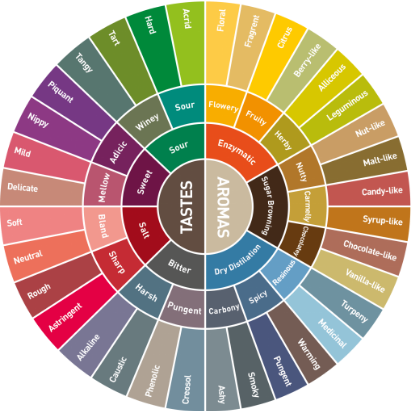
Aroma
The scent of a cup of coffee has a direct influence on how we perceive its flavor. As you drink coffee try to notice if the scent is smoky, fruity, earthy, spicy, nutty or grassy.
Acidity
One of the most defining characteristics of a cup of coffee is its acidity. This is the sharp, bright tangy quality of coffee that perks up our senses. Coffee doesn’t necessarily contain just one type of acid, either. It may contain citric acid, malic acid (fruity in flavor) or even quinic acid from stale coffee, which gives us stomach aches.
Body
This is the weight, thickness and texture of coffee in your mouth. The body of different types of coffee falls on a spectrum of light- to full-bodied viscosity (thin to thick).
Flavor
This is where comparisons come in handy and there is some overlap between aroma and flavor. Your coffee might taste bitter, sweet, savory or sour with common comparisons to chocolate, wine or fruit.
Related Posts
